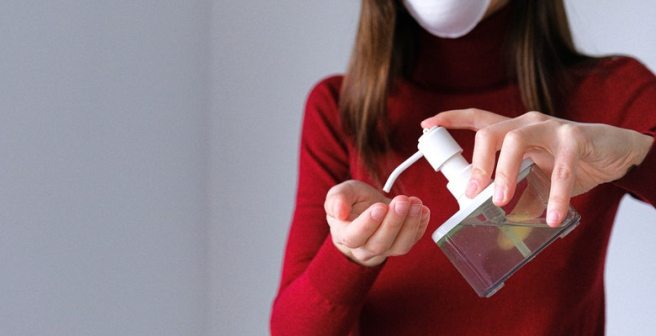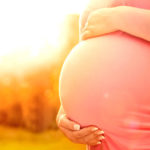A new study in Environmental Health Perspectives found that over 2 billion people around the globe could be at an increased risk of becoming sick with the recent coronavirus strain, particularly people living in lower-income countries.
That rationale was based on findings published by a team of researchers at the University of Washington’s Institute for Health Metrics and Evaluation.
In their recent paper, they highlighted how over 50 percent of the population residing in sub-Saharan Africa and Oceania were not able to practice preventative measures like handwashing, due to a lack of access. Preventative measures, like handwashing, is detrimental in inhibiting viral contagion.
“Handwashing is one of the key measures to prevent COVID transmission, yet it is distressing that access is unavailable in many countries that also have limited health care capacity,” Michael Brauer, co-author of the story, explained in a news release.
More than two dozen nations are in similar conditions, with over 50 percent of populations in Bangladesh, the Democratic Republic of the Congo, India, Nigeria, and Pakistan, among others, unable to access clean water and disinfecting solutions to take preventative measures.
Each year, close to 700,000 deaths occur as a result of decreased access to handwashing and the recent SARS-CoV-2 outbreak may have worsened the necessity shortages in developing countries.
“For populations without handwashing access, immediate improvements in access or alternative strategies are urgently needed, and disparities in handwashing access should be incorporated into COVID-19 forecasting models when applied to low-income countries,” researchers concluded in their findings.
The study’s co-authors disclosed a conflict of interest and funding by the Bill & Melinda Gates Foundation and Wellcome Trust.


